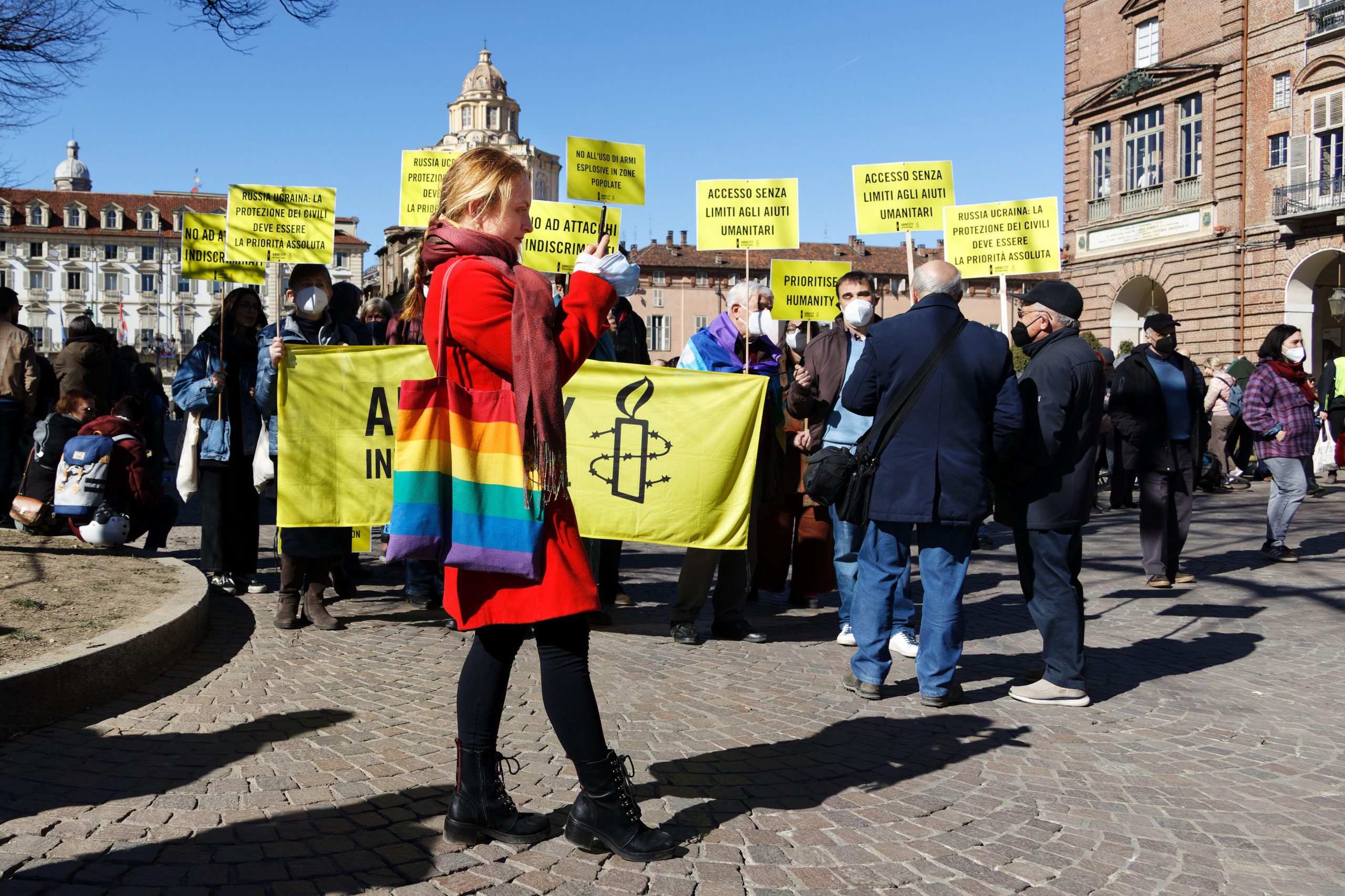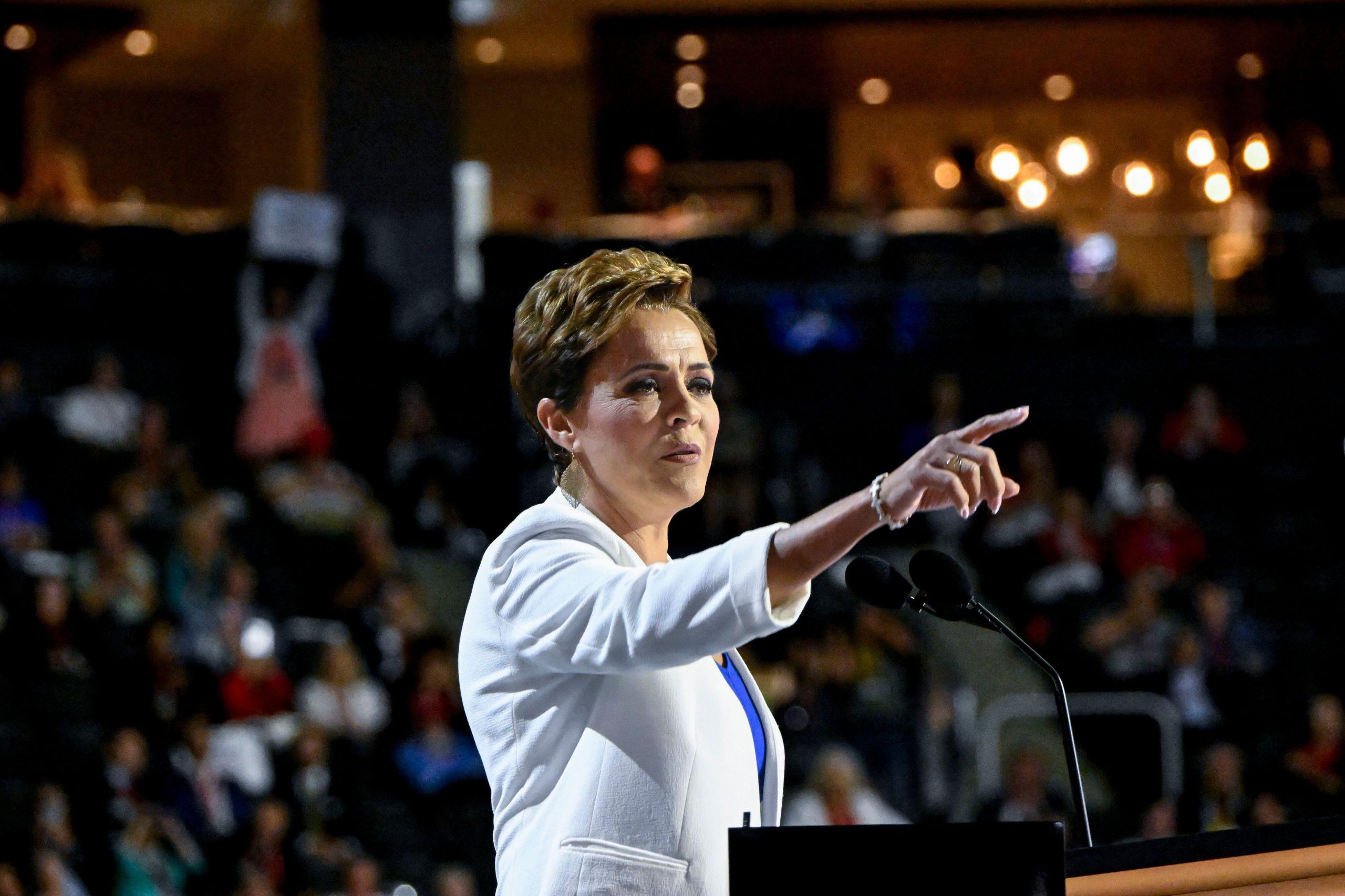Russian non-governmental organisations are facing a wave of state inspections, which some believe are taking place as revenge for united protests against a law classifying international NGOs as “foreign agents”.
The list of NGOs visited by prosecutors and other inspectors during last days, is impressive: Transparency International, Amnesty International, Memorial, Moscow Helsinki Group, Human Rights Watch, Agora, For Human Rights (Za prava cheloveka), GOLOS, and numerous regional NGOs.
Even regional organisation Shield and Sword of Chuvashiya, which actually appealed to the Ministry of Justice seeking “foreign agents” status, has received a notification of an inspection.
According to the law, an NGO that receives financing from abroad, has to register as “foreign agent” or face criminal charges. “Foreign agents” are obliged to mark the literature and online content they produce as “distributed by foreign agent”. The law stipulates that they have to report to inspection bodies far more often than organisations that do not receive financing from abroad. The frequency of “foreign agents” inspections is not limited by the law. Russian authorities have gained a legal tool for paralysing NGOs they don’t like simply by swamping them with inspections.
Several human rights NGOs unanimously concluded the law doesn’t comply with justice and the constitution and made a decision to boycott it by not registering as foreign agents.
Many of them came through planned inspections by the Ministry of Justice this winter – not as “foreign agents”, just as NGOs – to face extraordinary prosecutors’, tax, sanitary and other authorities’ inspections in March.
Russian veteran rights activist, head of “For Human Rights” organization Lev Ponomarev refused to provide prosecutors with the organisation’s documentation. He says, according to the law about, prosecutors had to provide him with information about violations of law by his organisation – such information being supposedly the only purpose for their sudden extraordinary inspections.
Prosecutors still haven’t provided NGOs with this information.
But the General prosecutor’s office representative Marina Gridneva has said the prosecutors “act in compliance with the law”.
President Vladimir Putin, replying to Russian ombudsman Vladimir Lukin concerns over the inspections, said these “are routine measures linked to the desire of the law enforcement agencies to bring the activities of organisations in line with the law.”
Political scientist Dmitry Oreshkin told Index on Censorship that the authorities aim to emphatically close one of Russian human rights NGO “or make it hysterical” in order to chill others.
“The authorities think the problem will be solved, when someone shuts down in fear” said Oreshkin. “Lev Ponomarev has survived the Soviet era fighting for human rights, he knows the law better than law enforcement bodies, and he is not likely to be the one to fulfill the authorities’ expectations by fearing them.”
The authorities, according to Oreshkin, are demonstrating incompetence and incapability.
“The NGO boycott obviously enraged the Kremlin. Human rights activists, more than anyone else, now how crucially solidarity is.”
The state’s inconsistence, demonstrated during the ongoing NGOs inspections is based on a wrong perception of the word “law”, Oreshkin claims:
“The law concerns a citizen and an authority; the authorities have passed laws against citizens hoping they won’t have to keep within the law themselves”.




